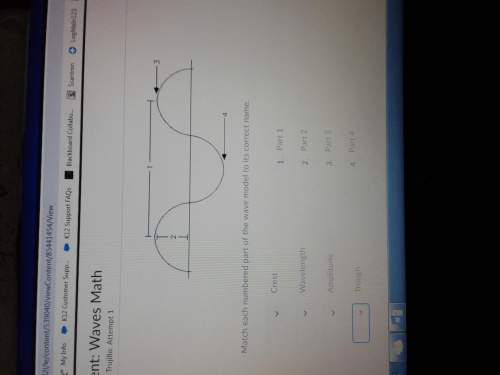
Physics, 22.07.2020 16:01, wildfire771003
n a downhill ski race, surprisingly, little advantage is gained by getting a running start. (This is because the initial kinetic energy is small compared with the gain in gravitational potential energy on even small hills.) To demonstrate this, find the final speed and the time taken for a skier who skies 70.0 m along a 30â slope neglecting friction: (a) Starting from rest. (b) Starting with an initial speed of 2.50 m/s. (c) Does the answer surprise you? Discuss why it is still advantageous to get a running start in very competitive events.

Answers: 1
Other questions on the subject: Physics

Physics, 22.06.2019 04:50, ineedhelpplz40
Two technicians are discussing a resistance measurement between the can-h and can-l wires. technician a says this measurement should be done with the ignition switch in the "run" position. technician b states that a measurement of 0 ohms indicates an open in the network. which technician is correct?
Answers: 1

Physics, 22.06.2019 09:30, ryanmorse01
The necleus of an atom is made up of what subatomic particles?
Answers: 1

Physics, 22.06.2019 10:30, legendman27
You are given two vectors a⃗ =−3.00ι^ 5.00j^ and b⃗ =5.00ι^ 2.00j^. let the counterclockwise angles be positive.
Answers: 3
Do you know the correct answer?
n a downhill ski race, surprisingly, little advantage is gained by getting a running start. (This is...
Questions in other subjects:




Geography, 30.04.2021 23:40

Mathematics, 30.04.2021 23:40


Social Studies, 30.04.2021 23:40

Social Studies, 30.04.2021 23:40

Mathematics, 30.04.2021 23:40

Mathematics, 30.04.2021 23:40







